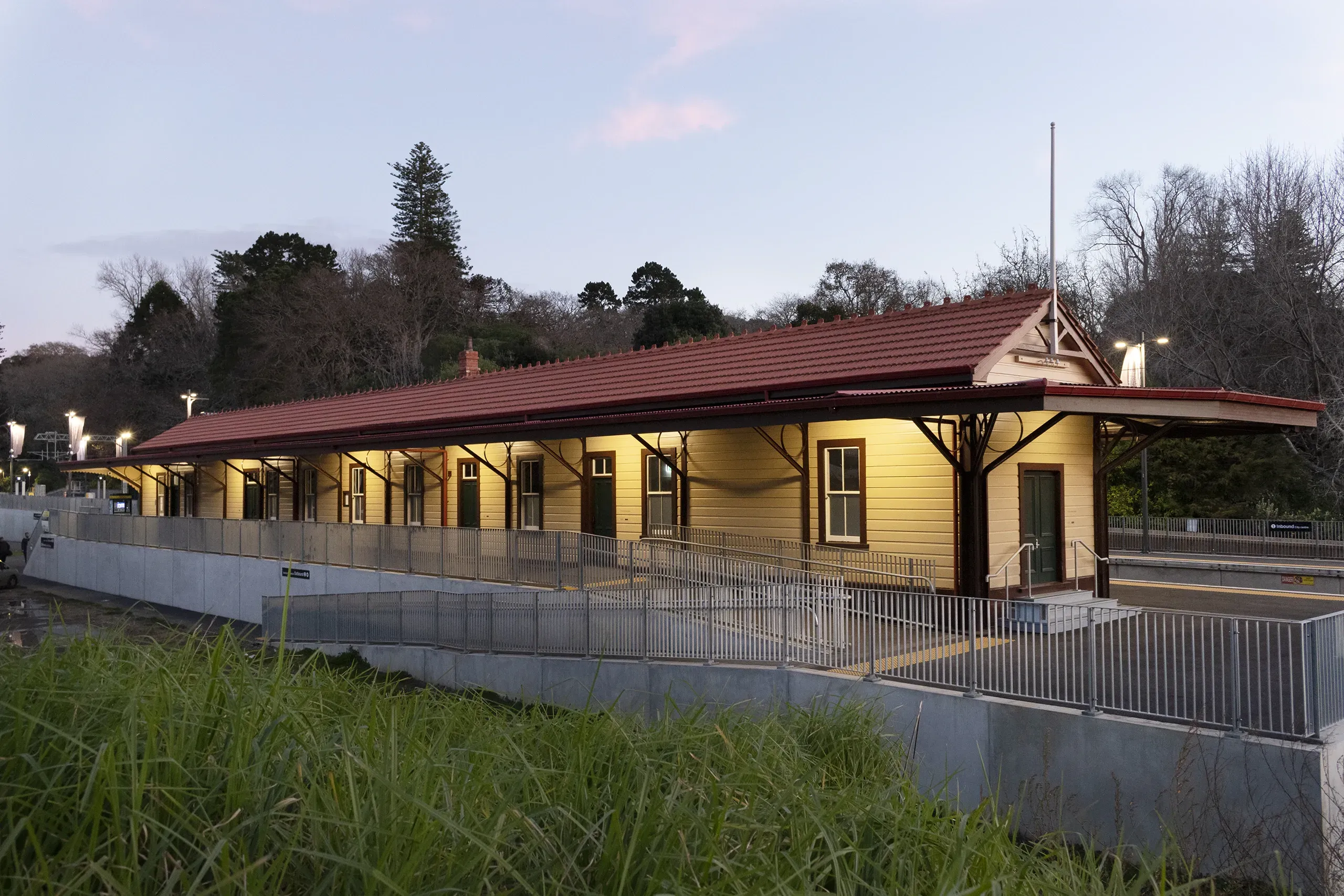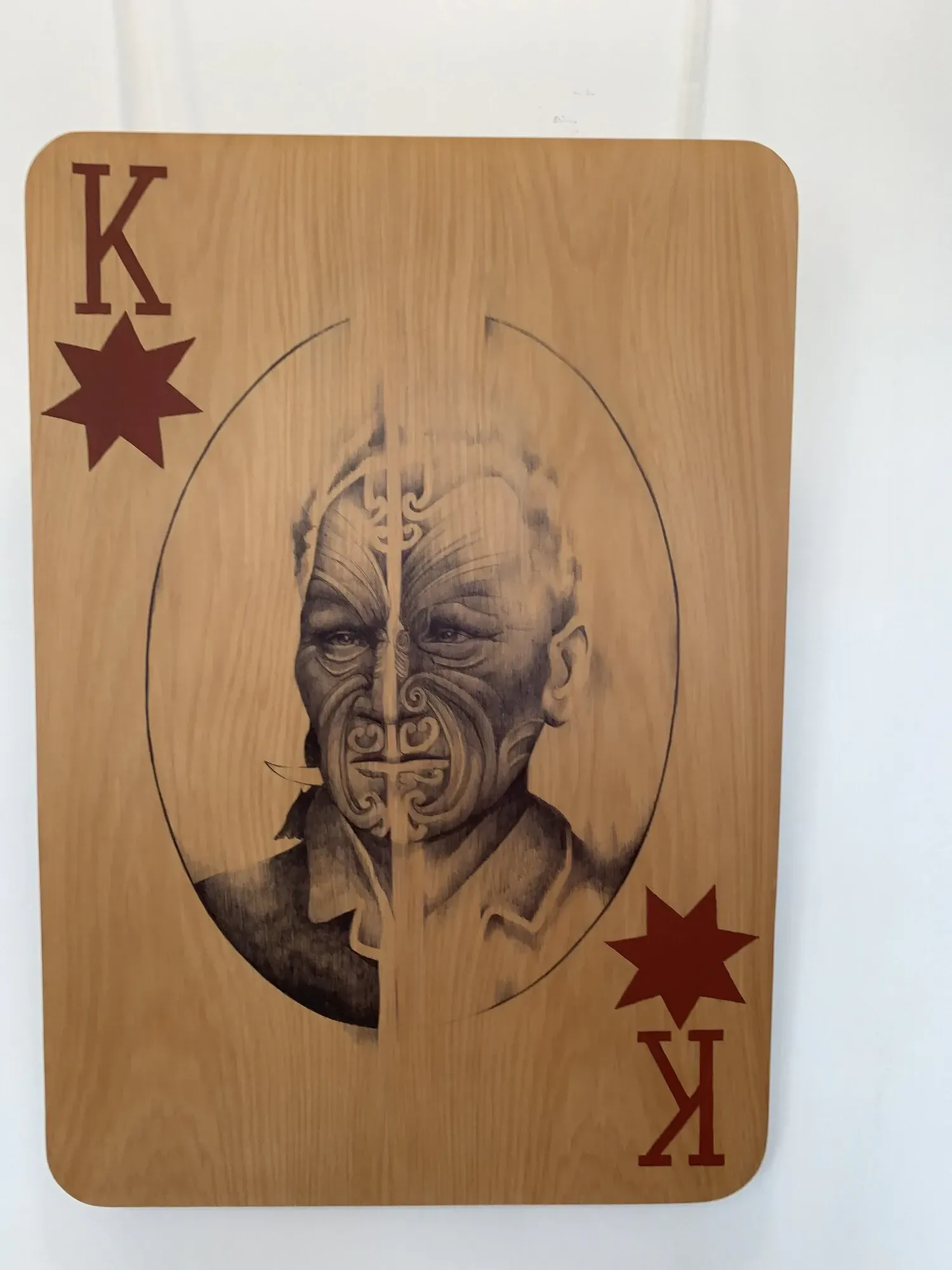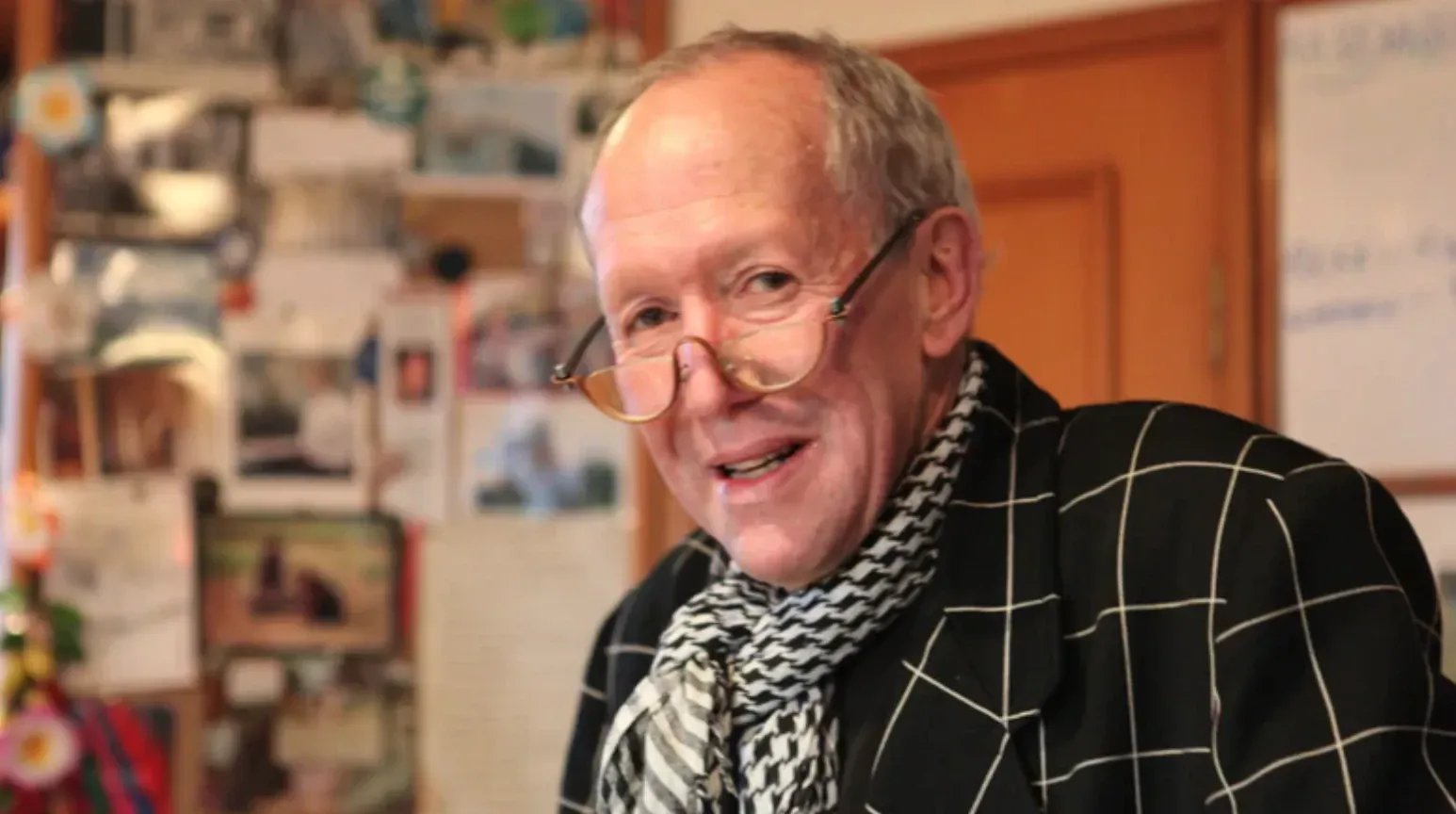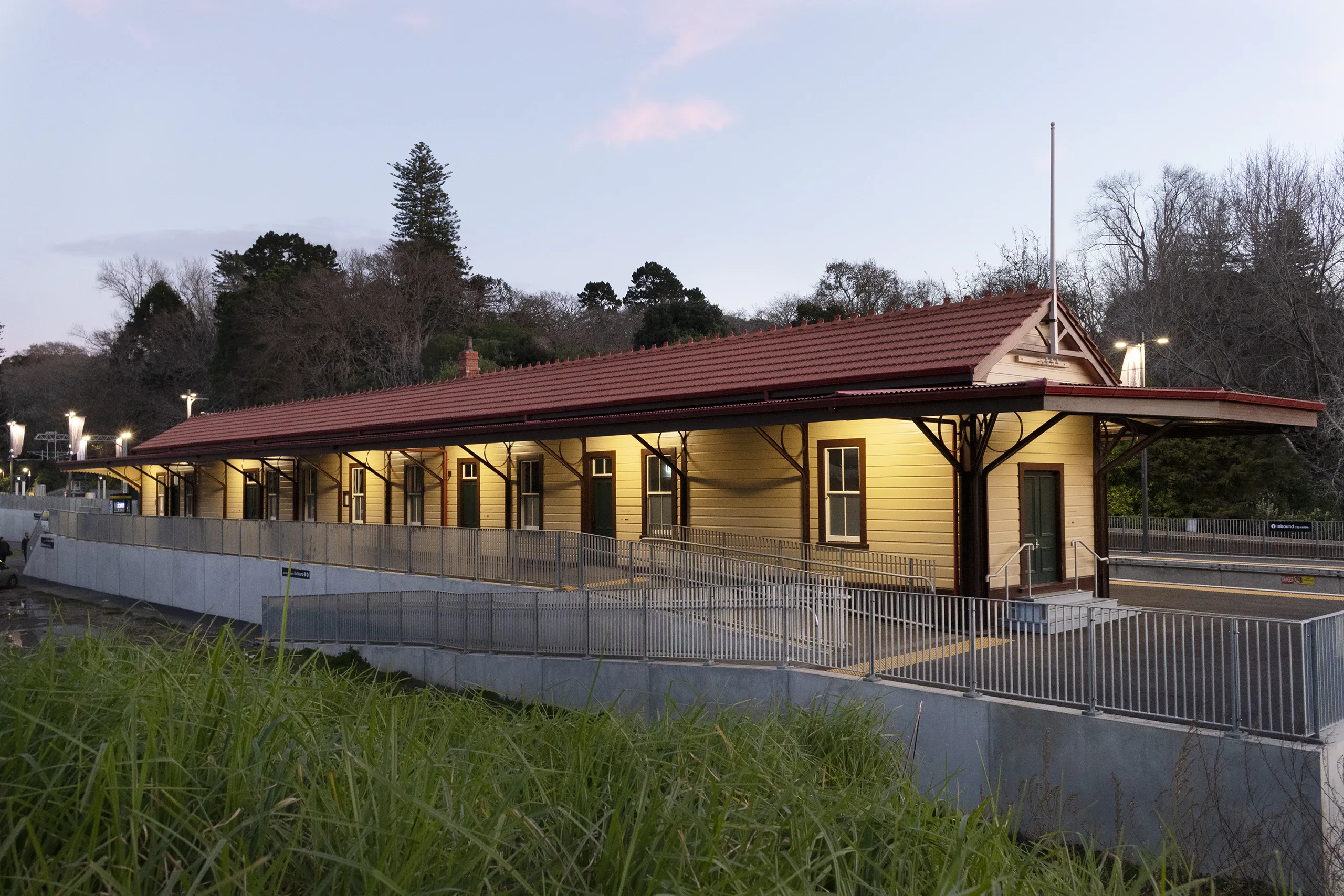Will Budget Value Creativity?
Written by
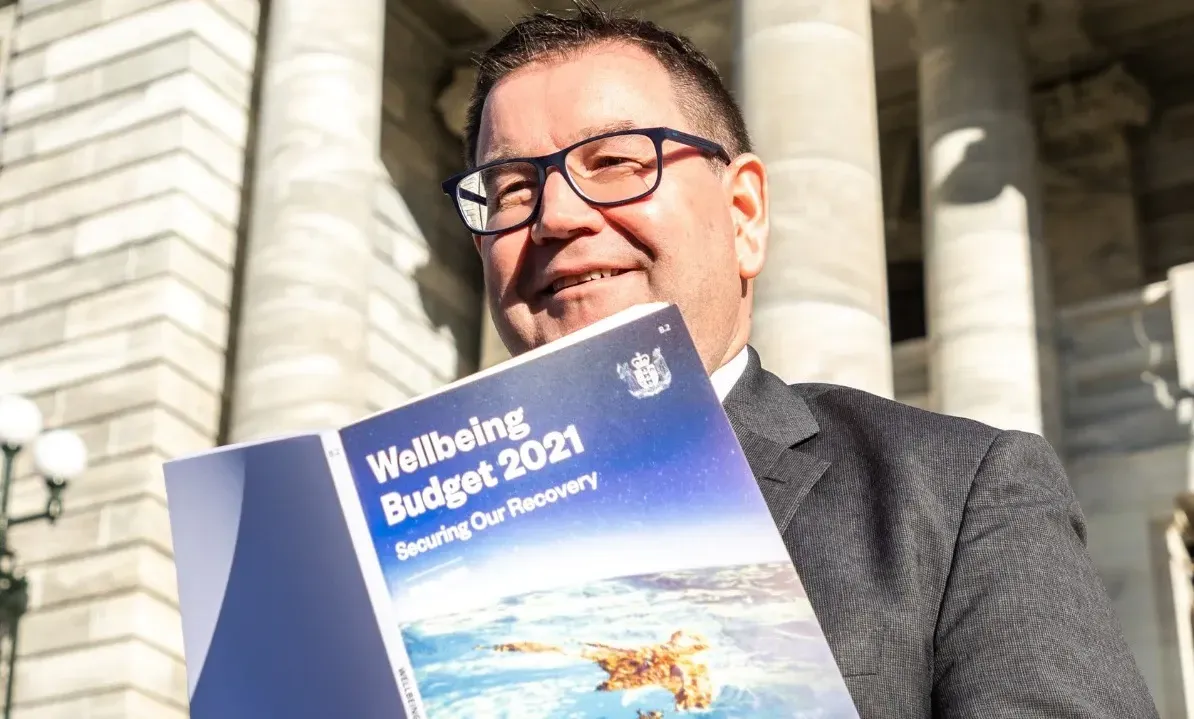
Industries and communities from all over Aotearoa wait with bated breath today as the Government reveals its 2021 Budget details.
It’s akin to Christmas Day for sectors like arts and culture, except the prospect of a lump of coal in your stocking - no matter if you were naughty or nice - is a genuine possibility.
Finance Minister Grant Robertson has already signaled the focus of Budget Day - Labour’s first without the politicking of keeping Winston Peters and New Zealand First onside - will be around child well-being, housing and climate change.
But if this is the Wellbeing budget with an aim to securing our nation’s recovery that’s been promoted, the creative community cannot be overlooked.
2020 - and the first half of this year - have shown how important the arts are to New Zealand’s wellbeing. Not just the well-documented impact during lockdown but how we’ve come out of the peak of COVID crisis.
It’s been events like Six60’s Eden Park sell-out while the rest of the world are being forced to social distance that has helped sell the government and nation’s success both here and around the globe.
So, of the billions of dollars of new spending that will be announced - how much of it will head to the creative sector?
With the pursestrings opened like never before last year, the ‘unprecedented’ $374 million Arts and Culture COVID recovery programme clearly needs to be viewed in a separate light.
It’s provided a range of new funding initiatives through Manatū Taonga Minister of Culture and Heritage, like the Creative Careers Service and the Creative and Cultural Events Incubator fund, which has just seen Porirua secure a youth arts Festival for 2022 that will run alongside the New Zealand Festival of the Arts.
But even that windfall needs to be looked at in context. Mark Harvey, Senior Lecturer in Creative Arts at University of Auckland has put the argument forward over at The Conversation that while the arts won’t be a Budget priority, it should be.
In what is a highly recommended read, Harvey writes “arts, culture and heritage were given just 0.33% of the total 2020 Budget and COVID-19 Recovery package ($374 million out of $112.1 billion). This was an increase on previous years, but still miniscule compared with other sectors.”
A more appropriate measure would be against the 2019 Budget allocation - where the arts, culture and heritage sector will receive an extra $87.490 million. Of that, $11.157 million was new spending, namely the Fairer Wage for Artists and Arts Practitioners and the Creatives in Schools initiatives.
It should be noted this is Carmel Sepuloni’s first budget as the Minister of Arts, Culture and Heritage. She was previously an Associate minister role with Jacinda Ardern in the lead role, with those positions reversed in Labour’s second term.
Beehive sources have suggested we won't have to wait as long as we did in 2020 - which felt more like a mini-series as uncertainty of arts and culture funding dragged on for weeks. That means - touch wood - we should have a fair understanding of what support is coming the way of the creative sector in the next few days.
What Manatū Taonga and subsequently Creative New Zealand are allocated will be a clear sign of how the arts are valued by this Government.
Vale McPhail
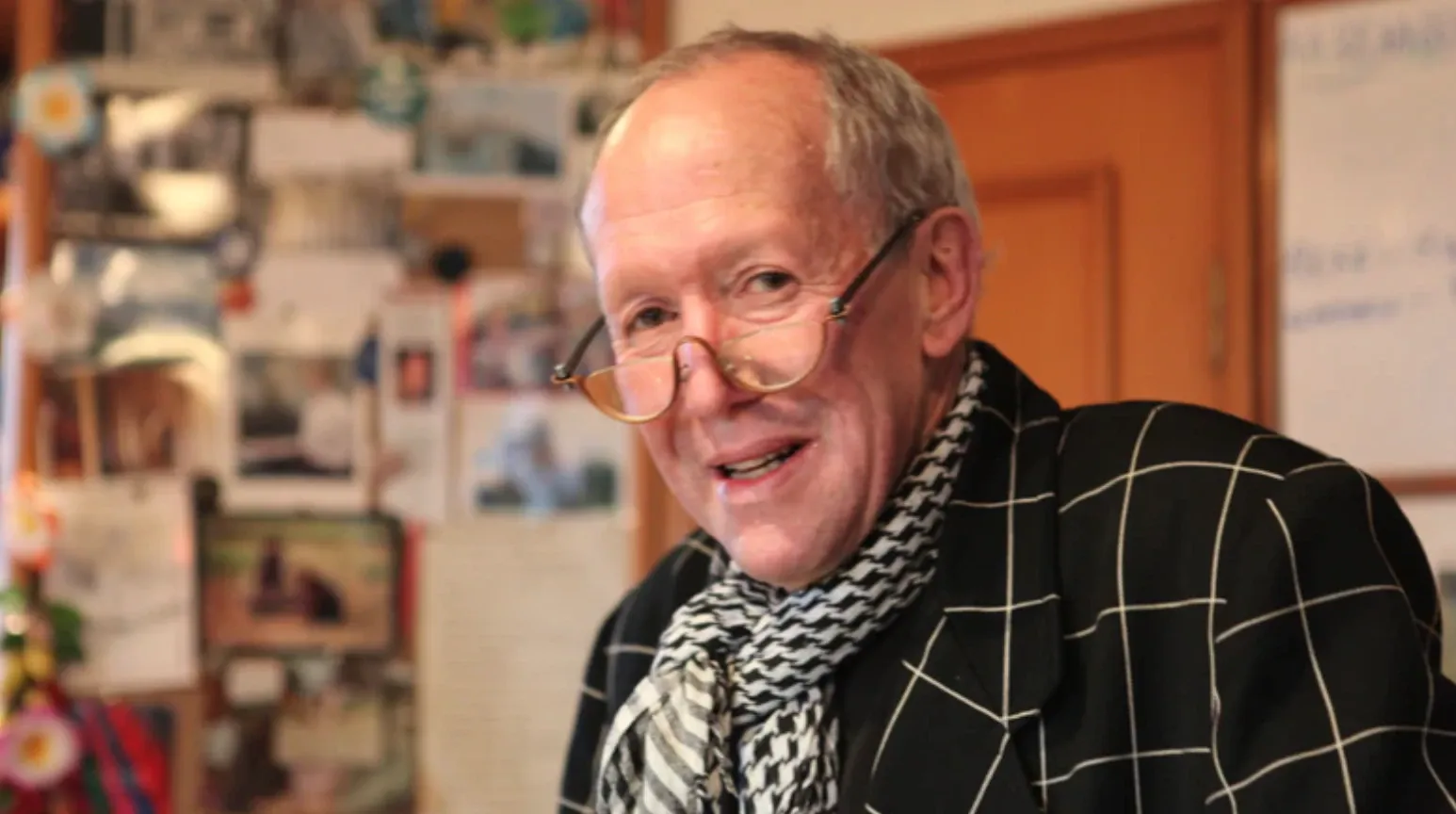
David McPhail. Photo: Matt McPhail/Facebook.
There’s a sad irony to the news that, during the running of the New Zealand International Comedy Fest, Aotearoa got just a little less funny.
The passing of comedian David McPhail at age 76 on Friday was met with heavy hearts by family, friends and a generation of fans. As one half of 80s frontline funny duo McPhail and Gadsby with the late Jon Gadsby, McPhail’s sharp, quick wit and effortless delivery was a constant highlight on our screens for decades.
Their take on political satire was, on reflection, ahead of its time, with McPhail’s lampooning of former Prime Minister Robert Muldoon legendary. Speaking with RNZ, longtime friend and fellow actor Peter Rowley described McPhail as "extraordinary, a trailblazer. He created a path of mirth and humour through a grey quagmire of politics, and lifted the psyche of this country in their thinking of both politics and comedy.
“There were stages when we got memos from the government saying we couldn't do stuff around elections because...they realised that if McPhail and Gadsby did stuff around elections, it had an effect on the voting attitude."
McPhail was farewelled at Christchurch’s Christchurch's Westpark Chapel on Tuesday -, fittingly, the same venue as his good mate Gadsby six years earlier.
Creatives driving social change
There are two schools of thought when it comes to artists weighing in on confronting topics impacting society; Stay in your lane, stick to what they’re good at - or a sense of responsibility to use their platform to make a difference.
No prizes for guessing which camp these two creatives sit in.
Taika Waititi has long stuck his neck out to expose and target racism in Aotearoa with his own unique and occasionally controversial approach.
The superstar director’s using his stature to implore the nation’s teachers to Unteach Racism in a campaign for the Teaching Council of Aotearoa New Zealand. Through the one-liners, the personal stories of his eight year old self hits home strongly.
Talented singer/songwriter Ria Hall’s another not afraid to call out racist behaviour - sparking one of the biggest stories of the week.
Her Facebook post calling for the boycott of Eagle Brewing NZ after a vitriolic post by its owner sparked an overwhelming response, with businesses responding to her stance directly to remove the products from their shelves and thousands of others commenting.
While the story has continued on - it has certainly brought the behaviour and issue into conversations around the country.
Waititi and Hall are far from the only members of the creative community who make a stand - but their impact across mainstream media on these matters is to be commended.
Bugging out over Bug Week
The star of Airini Beautrais is certainly on the rise.
As mentioned in last week’s Lowdown, Beautrais made history with her Ockham New Zealand Book Awards fiction victory for Bug Week as only the second short story collection to ever break through the literary glass ceiling.
The reaction has been satisfying for book lovers, with features on Beautrais in Canvas magazine (paywalled) among others.
But that attention should have seen books flying off the shelves, right? Well, slight problem, as highlighted by Newsroom’s Steve Braunias - there weren’t many there to begin with.
A reprint is underway with 1000 more copies due to be available around 24 May, not an uncommon situation for the Ockham winners to find themselves in, we’re told.
Braunias documents a... let’s call it a disagreement... between Bug Week’s publisher Fergus Barrowman of Victoria University Press and Dan Slevin, CEO of Booksellers New Zealand over the lack. Just like Bug Week itself, the article is quite the read.
Bold ideas and bright futures
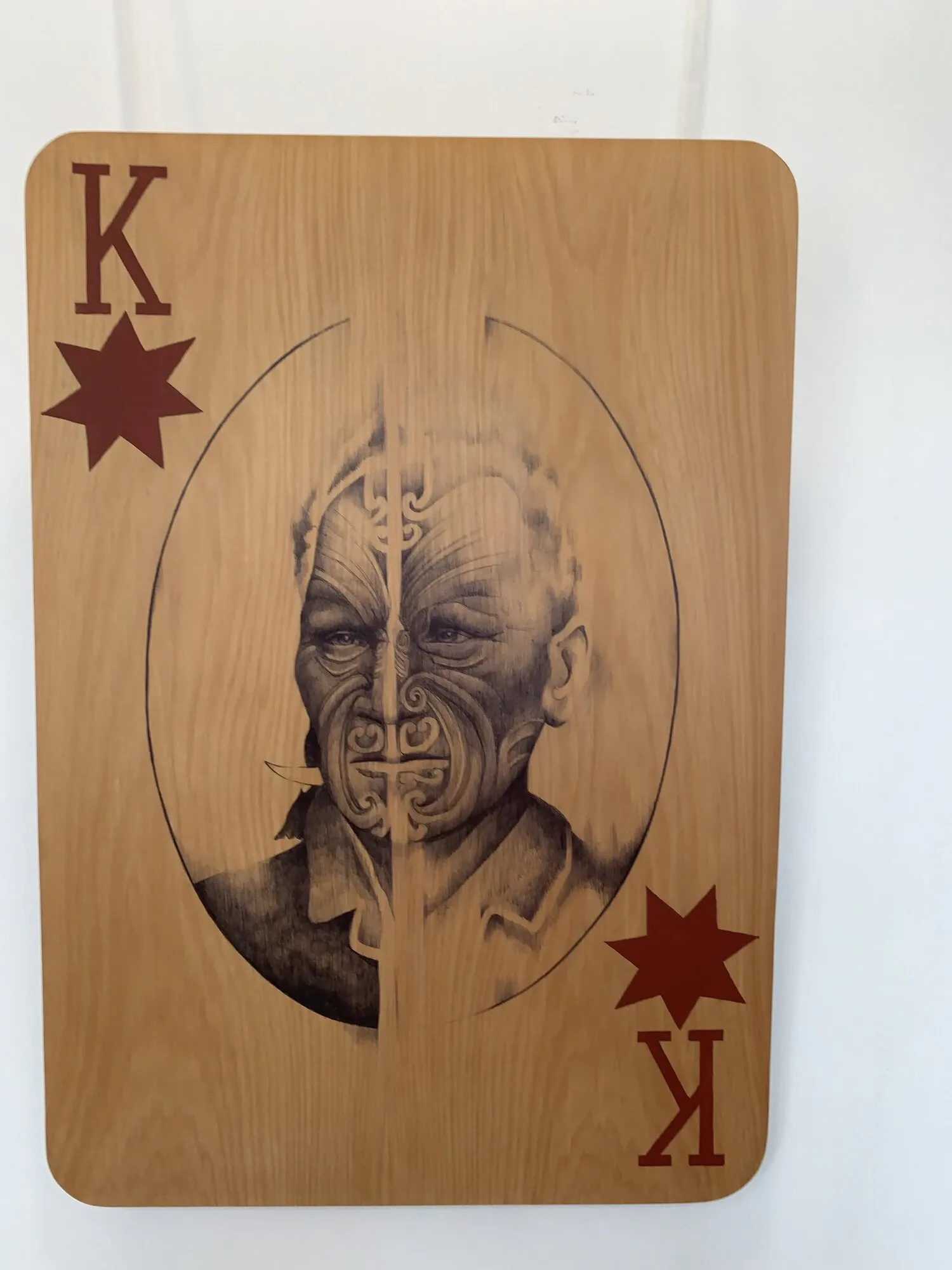
Eleazar Manuitai-Bramley - Tariao (Morning Star).
Think portraiture, and photography or painting most likely come to mind.
But in recognition of their cultural heritage, the inaugural Kiingi Tuheitia Portraiture Award is taking a more uniquely toi Māori approach.
The Waikato Times reports that “Whakairo (carving), raranga (weaving) patterns, ceramics, and even tokotoko walking sticks” are all represented in the 50 finalists.
Some of the work is stunning, the winner will be announced non 27 May before the exhibition opens the following day at New Zealand Portrait Gallery Te Pūkenga Whakata in Wellington’s Shed 11.
Speaking of the Portrait Gallery, Northland’s Lizzie Errington has been revealed as the 2021 Liz Stringer Curatorial Internship there. Established in 2017, it’s designed “to give recent graduates essential hands-on experience in exhibition making and to provide that vital and elusive ‘first break’ for talented young people.”
Two other recent graduates have been given a leg up - and a place to create. Nââwié Tutugoro and Gabi Lardies have been announced as the Te Tuhi 2021 Graduate Studio Residency recipients. Both with a Master of Fine Arts from Elam, they will have access to Te Tuhi’s studio space located on the Parnell Station platform in Auckland, where they’ll also have mentoring support.
Te Tuhi Studios at Parnell Station. Photo: Supplied.
Doing it for the kids
Among the benefits of New Zealand music month is seeing different artists and genres get cast into the spotlight. One that doesn’t always get given a lot of credit is children’s music.
Any parent of young ones will tell you, music specifically geared towards children can make a massive impact on everything from their creativity and love of music to their education and wellbeing. If we all agree nurturing the next generation of creatives matters, then this is an important genre to acknowledge.
So kudos to the winners at this year’s NZ Children’s Music Awards - with Michal Bush, Andrew Knopp, Victoria Knopp’s encouraging Brave claiming the APRA Best Children's Song (Bush’s success documented here on Stuff and in conversation with Lynn Freeman on RNZ).
Regular winner fleaBITE was announced Recorded Music NZ Te Kaipuoro Waiata Tamariki Toa/Best Children’s Music Artist - and if you’re looking for something a little different, the NZ On Air Best Children's Music Video winner, Captain Festus McBoyle with Bubble is definitely that!
Vaudevillian pirate in a song about lockdown, don’t pretend you saw that combination coming.
